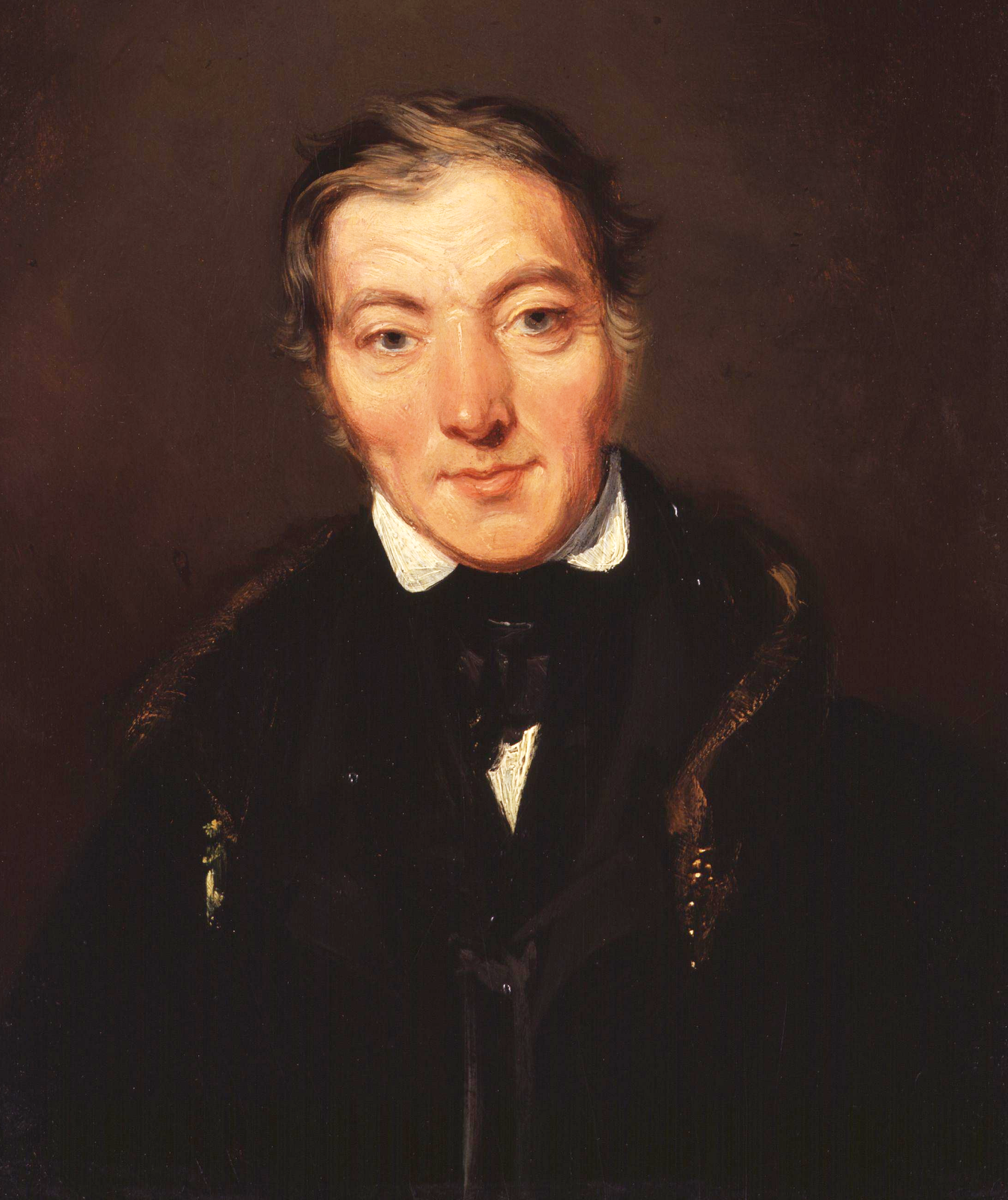This is another in a series of posts about men from history who have either achieved great things in one form or another by pushing boundaries: either in themselves or in society or science or exploration of some form. Boundary pushing and growth is what men do, it's their nature: to grow and push outwards. We, as men, are the frontiersmen/the vanguard, the first to discover/uncover new territory, in a metaphysical sense (i.e. including both material and the immaterial) that is later colonised and 'civilised' by the rest of humanity.
It is also partly intended to show images, be they paintings, statues or photographs of the countenaces of men of yore. Because, quite frankly, many men wear the countenances of women these days: smiling, smirking, cooing, rolling their eyes, looking smug etc. It's a sign of the times, and by showing some images of men from the past, I hope to show some modern men why looking surly, frowning and giving hard-ball stares at people is something to do, something to practice.
It is also partly intended to show images, be they paintings, statues or photographs of the countenaces of men of yore. Because, quite frankly, many men wear the countenances of women these days: smiling, smirking, cooing, rolling their eyes, looking smug etc. It's a sign of the times, and by showing some images of men from the past, I hope to show some modern men why looking surly, frowning and giving hard-ball stares at people is something to do, something to practice.
Robert Owen, 1821 (aged 50)
Robert Owen (14 May 1771 – 17 November 1858) was a Welsh social reformer and one of the founders of utopian socialism and the cooperative movement.Source: http://en.wikipedia.org/wiki/Robert_Owen
Owen's philosophy was based on three intellectual pillars: First, no one was responsible for his will and his own actions because his whole character is formed independently of himself; people are products of their heredity and environment, hence his support for education and labour reform. Second, all religions are based on the same ridiculous imagination, that make man a weak, imbecile animal; a furious bigot and fanatic; or a miserable hypocrite; (though in his later years he embraced Spiritualism).[1] Third, support for the putting-out system instead of the factory system.
[..]
Robert Owen was born in Newtown, a small market town in Montgomeryshire, Mid Wales, in 1771. He was the sixth of seven children. His father, also named Robert Owen, had a small business as a saddler and ironmonger. Owen's mother was a Miss Williams, and came from one of the prosperous farming families.[2] Here young Owen received almost all his school education, which ended at the age of ten.
[..]
Many employers operated the truck system, whereby payment to the workers was made in part or totally by tokens. These tokens had no value outside the mill owner's "truck shop". The owners were able to supply shoddy goods to the truck shop and charge top prices. A series of "Truck Acts" (1831–1887) stopped this abuse. The Acts made it an offence not to pay employees in common currency. Owen opened a store where the people could buy goods of sound quality at little more than wholesale cost, and he placed the sale of alcohol under strict supervision. He sold quality goods and passed on the savings from the bulk purchase of goods to the workers. These principles became the basis for the cooperative shops in Britain that continue to trade today.
His greatest success was in the support of the young, to which he devoted special attention. He was the founder of infant childcare in Great Britain, especially in Scotland.
[..]
He was at first regarded with suspicion as a stranger but he soon won the confidence of his people. The mills continued to have great commercial success, but some of Owen's schemes involved considerable expense, which displeased his partners. Tired of the restrictions imposed on him by men who wished to conduct the business on the ordinary principles, in 1813 Owen arranged to have them bought out by new found investors.[..]At an early age he had lost all belief in the prevailing forms of religion and had thought out a creed for himself, which he considered an entirely new and original discovery. The chief points in this philosophy were that man's character is made not by him but for him, that it has been formed by circumstances over which he had no control, that he is not a proper subject either of praise or blame.
Robert Owen could thus be compared to Henry Ford in regards to how he treated his workers: as people to value, not workers to exploit. Though both tended towards the more domineering, paternalistic approach (which has it's downside if lived out to the extreme: communistic and dictatorial rule of the population) they had respect for their fellow man.
Check out some of the other entries from the 'Men of Yore' series:
Wyatt Earp
William 'Wild Bill' Cody
Andrew Carnegie
Duke of Viseu (Henry the Navigator)
Meriwether Lewis
Arthur Schopenhauer
Theodore Roosevelt
Rudolph Diesel
John Snow
Ludwig van Beethoven
Henry Ford
George Custer
[End.]

No comments:
Post a Comment